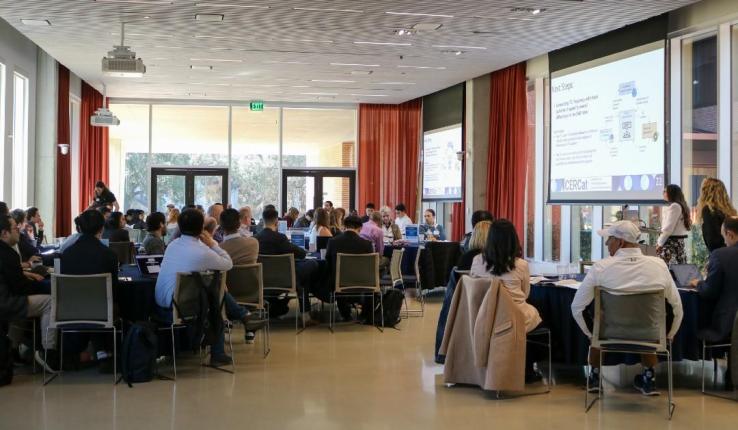When the U.S. Congress in 2010 passed the Dodd-Frank Wall Street Reform and Consumer Protection Act, which overhauled financial regulation following the 2007-2008 financial crisis, it included a section related to valuable natural resources extracted from conflict zones around the world.
Referred to as “conflict minerals,” these natural resources are sold to support continued fighting in a region. Such minerals from the Democratic Republic of Congo (DRC), for example, are critical to the development of consumer electronics. In the DRC and its adjoining countries, militias routinely commit atrocities against women and children, forcing them to work in mines in an effort to fund terrorist activity.
Developed by Congress as a response to such activities, Section 1502 of the Dodd-Frank Act requires U.S. public companies to disclose in their SEC filings detailed audited information related to the sourcing and use of conflict minerals from the DRC and its adjoining countries. This controversial disclosure requirement aims to reduce mining-supported violence, but has little to do with the overall goal of the Dodd-Frank Act, says Parveen Gupta, the William L. Clayton Distinguished Professor of Accounting.
“The basic idea was that if we will throw light on this problem through disclosure, there is a possibility that consumers will become sensitive and they will put pressure on these companies to source materials in a more humane way, or from different sources,” says Gupta.
Says Heibatollah Sami, the John B. O’Hara Professor of Accounting: “This is the first time that Congress used the SEC financial reporting regime to achieve a social and political goal.”
Whether or not the controversial move achieved these goals, says Gupta, is debatable—and up to experts in foreign and social policy to determine. But according to research conducted by Gupta and Sami, in collaboration with Masoud Azizkhani of the University of Tasmania in Australia and Shen Xu of Huazhong University of Science and Technology in China, Section 1502 did have an impact on information asymmetry—an imbalance of information between parties in a transaction—in U.S. capital markets.





